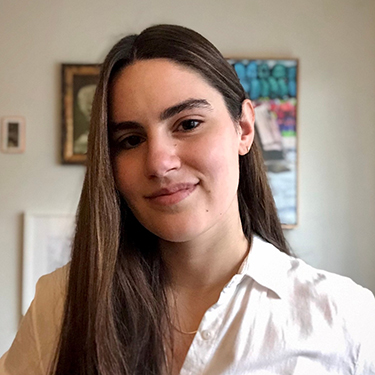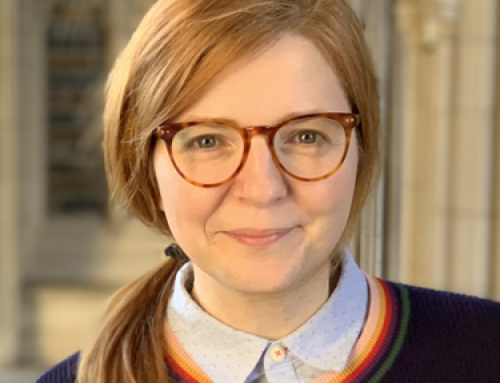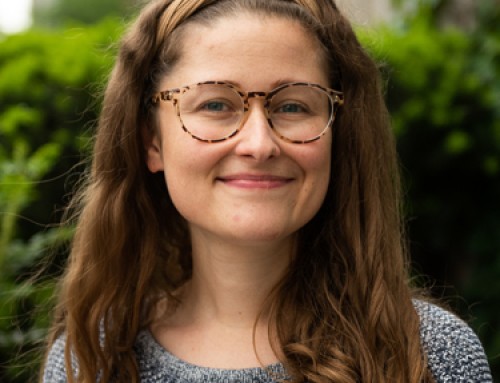Danika DeCarlo-Slobodnik (Trainee)
M.A. Criminology, B.A. Criminal Justice, University of Ottawa, Ottawa, Ontario, Canada
Danika DeCarlo-Slobodnik recently earned her Master of Arts in Criminology from the University of Ottawa. Danika’s research focuses on increasing our collective awareness and understanding of diverse circumstances that exist for some children, parents, and families so that we can critically rethink our standards of normalcy and respond to all families’ needs in child-centred and trauma-informed ways. As an undergraduate student, Danika volunteered with the Elizabeth Fry Society of Calgary’s domestic violence court, case management office, and adult legal advocacy programs. She also completed a practicum with the Prenatal Outreach Support Team at Calgary’s Child & Youth Advocacy Centre using harm reduction strategies to support pregnant persons and children dealing with trauma, domestic violence, alcohol/substance use, impoverishment, and/or social isolation. This frontline work inspired her thesis research on frontline support workers’ perceptions of how mothers’ needs and children’s rights are balanced in harm reduction programs and in the child welfare system more generally. Danika has worked on various projects that aim to improve all children’s quality of life and enhance their access to their rights. She assisted with research on how to prevent and address child sexual exploitation and trafficking in Canada, and also interned with UNESCO Bangkok as a Junior Professional Consultant working on inclusive education initiatives for girls and children with disabilities in the Asia Pacific region.
Under Dr. Christine Gervais’ supervision and alongside co-researcher, Dr. Elisa Romano, Danika assisted with a Canadian pilot study exploring parents/caregivers’ experiences with aggression toward family/caregivers in childhood and adolescence (AFCCA), which examined, among other factors, the implications of neurodevelopmental disorders (NDDs). She is grateful for the opportunity to expand upon the initial study by listening to young person’s voices. Given that children have a right to be heard, this research considers young persons’ (both those who exhibit aggression and their siblings) perceptions and experiences of AFCCA to increase understanding and quality support for them and their families. Existing research, as well as the findings from the pilot study, show that AFCCA is an issue in some families with children who have neurodevelopmental disorders (NDDs), like Autism Spectrum Disorder or Fetal Alcohol Spectrum Disorder. Thus, this research is inclusive in child/youth-centred and trauma-informed ways.








